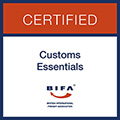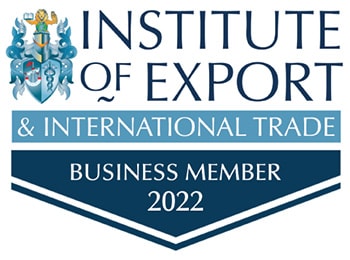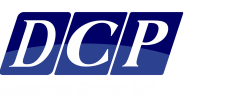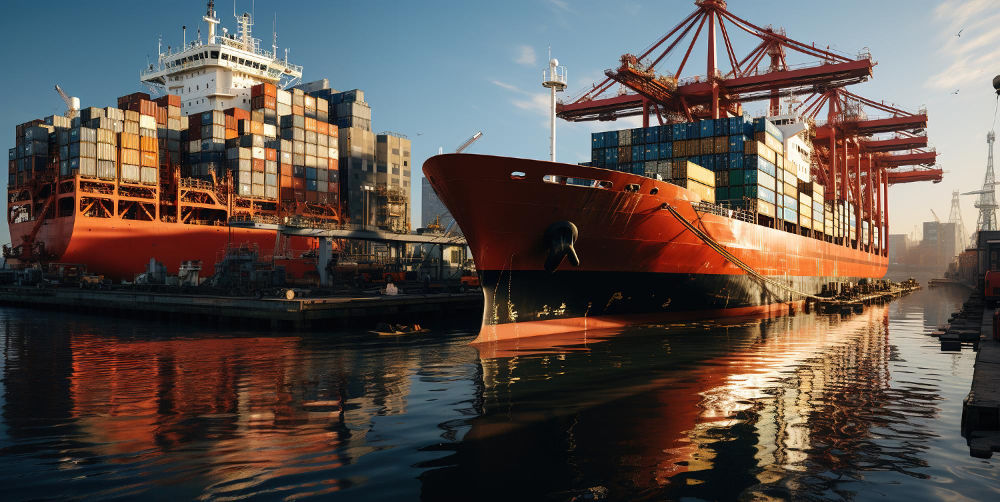

DCP Logistics is a company dedicated to providing comprehensive customs and accounting services.
- 158 Uxbridge Rd, London W13 8SB, UK
- info@dcp-co.uk
- +44 20 7846 6253
- +44 (0) 78 7418 0909
London Customs Agency DCP Logistics by Tommytech
Copyright © 2025. All rights reserved.




